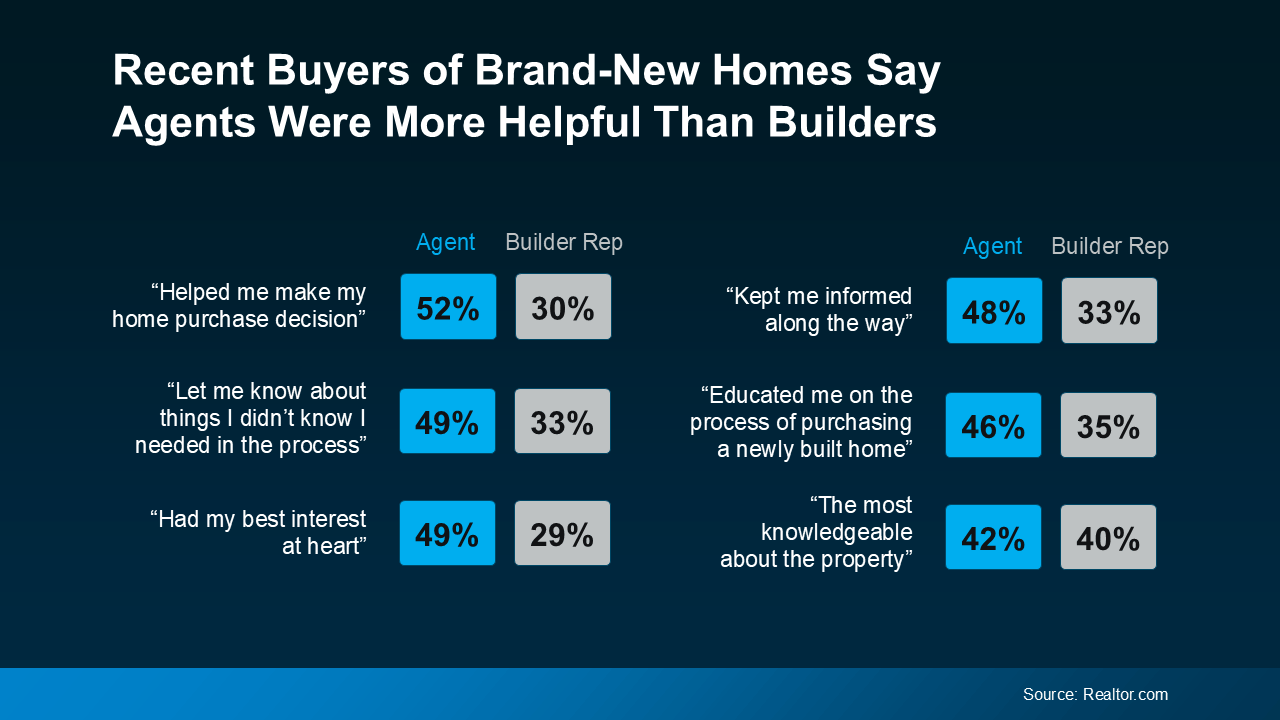Are You Ready for January 1, 2025? What You Need to Know About Arizona’s Rental Tax Ban
Are You Ready for January 1, 2025? What You Need to Know About Arizona’s Rental Tax Ban
Starting January 1, 2025, Arizona will officially ban rental taxes on long-term residential properties. This legislative change is designed to pass tax savings to tenants, ensuring rental affordability across the state. Here’s a comprehensive guide to prepare for the transition.
Why This Matters
In 2023, Arizona lawmakers passed a rental tax ban that requires landlords to stop collecting rental taxes on residential properties by January 2025. The law aims to create financial relief for tenants, but it also brings specific responsibilities for landlords, who must comply by updating leases, informing tenants, and adjusting their billing processes.
What You Need to Do Now
1. Update Existing Leases and Notify Tenants
Landlords currently collecting rental tax will need to adjust leases by removing any reference to rental tax charges. Additionally, landlords must provide tenants with a 30-day written notice that outlines the removal of rental tax and the updated rent amount effective January 1, 2025. This notice ensures transparency, giving tenants a clear understanding of their new rent amount and showing compliance with Arizona’s new law.
2. Cease Tax Collection on All Fees and Charges
Beyond monthly rent, any other fees subject to tax—such as late fees, maintenance charges, or utility fees—must also reflect the elimination of rental tax. For instance, if a late fee currently includes tax, the taxed portion must be removed in 2025 to comply with the new rules. It’s important to review all fee structures to ensure complete adherence to the tax removal requirement.
3. Prepare New Lease Agreements
For leases starting on or after January 1, 2025, landlords must avoid including any mention of rental tax. Updating lease templates now will save time and reduce errors, ensuring that all new agreements meet state compliance standards from the outset. Work with a legal advisor if needed to ensure your leases align with the new requirements.
What Happens if You Don’t Comply?
Failing to comply with the rental tax ban can result in serious consequences, including potential legal actions by tenants and scrutiny from Arizona's Attorney General. Since this law is intended to bring rental relief, the state and tenant advocates may closely monitor landlord compliance. Additionally, landlords who continue to collect rental tax could be exposed to class-action lawsuits, with risks of financial penalties and negative media attention. To avoid these complications, it’s critical to prepare your properties for compliance by January 1.
Additional Considerations
Commercial and Short-Term Properties
The rental tax ban only applies to long-term residential rentals. Short-term rentals, hotels, and other transient lodgings are not affected by this change and must continue collecting applicable taxes. If you manage both long-term and short-term rental properties, be diligent in applying the correct tax requirements to each type to avoid potential issues.
Financial and Accounting Adjustments
If you do not currently separate rental tax as a line item on monthly rental statements, consult with a tax professional to determine any necessary adjustments. Compliance may require adding or adjusting line items to clearly demonstrate the removal of rental tax, ensuring that tenants see the change in their monthly statements.
FAQs
When does the rental tax ban take effect?
The rental tax ban begins on January 1, 2025. Landlords should prepare now to adjust billing and leasing processes.
What if I forget to remove the tax?
Tenants may have legal grounds to pursue action if rental tax is still charged after January 1, 2025. Legal repercussions could include class-action lawsuits and involvement from the Attorney General’s office, along with potential negative media coverage.
How should I communicate this to my tenants?
Although formal 30-day notice may be required, you can also use emails or community announcements. Clear and proactive communication not only keeps you compliant but also builds trust with tenants by highlighting their upcoming savings.
Does this apply to fees besides rent?
Yes, all fees previously taxed must reflect the removal of the rental tax. Make sure to review all fees in your leases.
How should I handle leases starting in 2025?
Ensure new leases signed on or after January 1, 2025, exclude rental tax entirely. Adjust any lease templates you use to reflect this new law.
Building Tenant Trust Through Compliance
This rental tax elimination is an opportunity to strengthen tenant relationships. Highlight the upcoming savings and your commitment to fair practices. Such proactive measures foster trust and transparency, which can lead to tenant retention and positive reviews.
For more details, you can read the full article from the Arizona Multihousing Association.
Recent Posts

"My job is to find and attract mastery-based agents to the office, protect the culture, and make sure everyone is happy! "



